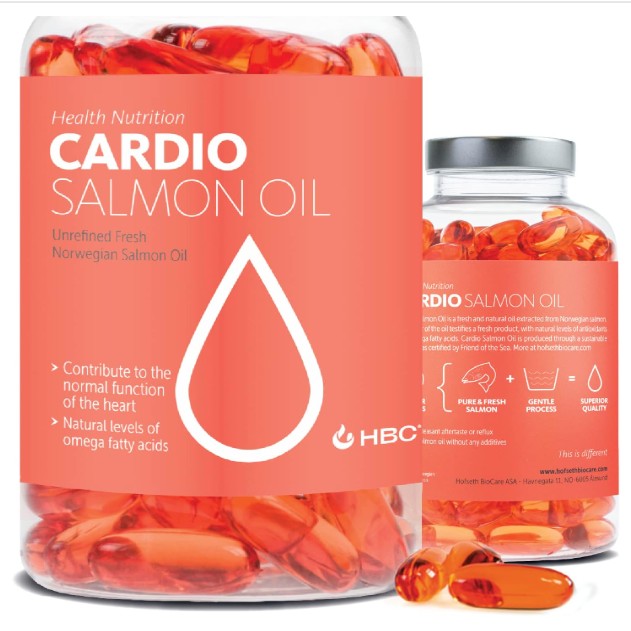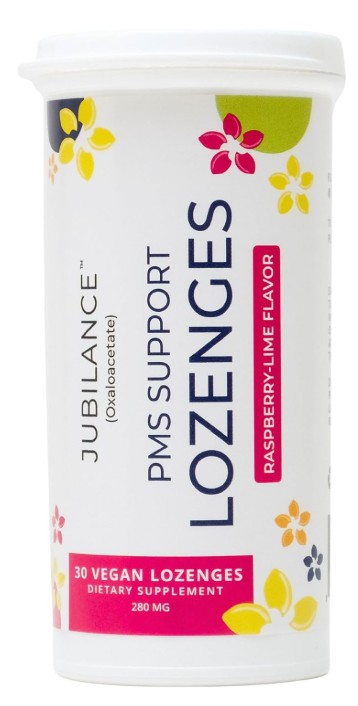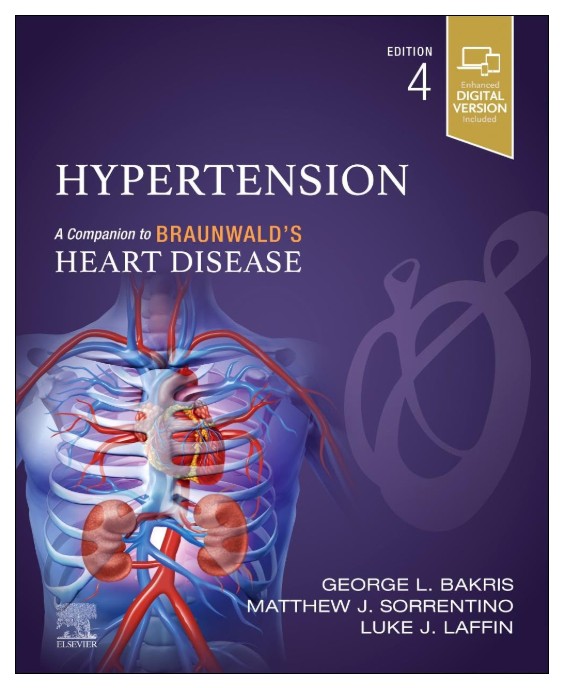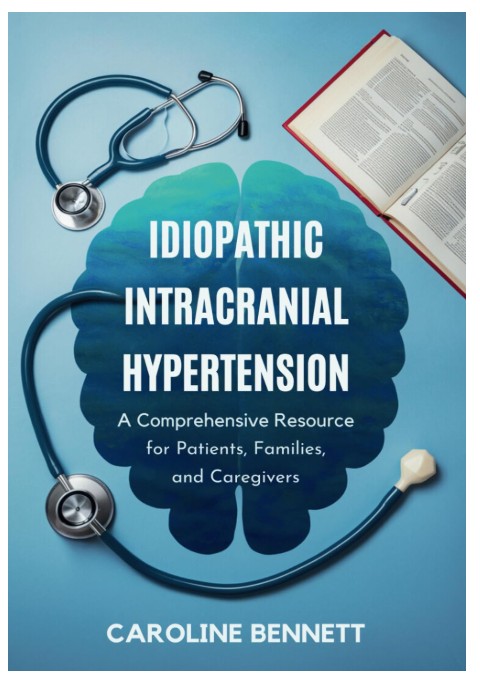Hypertension, commonly known as high blood pressure, is a prevalent health concern that affects millions of people worldwide. It is a significant risk factor for heart disease and stroke, two of the leading causes of death globally. While medication is often prescribed to manage hypertension, lifestyle modifications, particularly dietary changes, play an essential role in controlling this condition.
The connection between diet and hypertension is well-established in medical literature. Certain foods can raise blood pressure levels due to their high sodium content or other substances that can harm the cardiovascular system. Conversely, some foods can help lower blood pressure or maintain it at a healthy level.
One of the most recommended dietary approaches for managing hypertension is the Dietary Approaches to Stop Hypertension (DASH) diet. The DASH diet emphasizes fruits, vegetables, whole grains, lean proteins, and low-fat dairy products while limiting foods high in saturated fats and cholesterol. It also encourages reducing sodium intake to under 2,300 milligrams per day.
A key aspect of the DASH diet is its focus on nutrient-rich foods that provide essential minerals like potassium, calcium, and magnesium. These minerals are known to aid in lowering blood pressure by balancing out the detrimental effects of sodium on blood vessels.
In addition to adopting a DASH-style diet, reducing sodium intake can significantly impact hypertension management. Sodium causes fluid retention in the body which puts extra strain on the heart leading to increased blood pressure. Processed foods are often high in sodium; therefore reducing consumption of these types of food is beneficial.
Furthermore, incorporating heart-healthy foods into your daily meals can help manage hypertension effectively. Foods rich in omega-3 fatty acids like fatty fish (salmon and mackerel), walnuts and flaxseeds are known for their heart-protective properties including lowering blood pressure levels. Moreover fruits such as berries are packed with polyphenols which have been shown to reduce hypertension.
Alcohol and caffeine are two substances that can negatively impact blood pressure levels. While moderate consumption of these may not cause significant harm, excessive intake can lead to hypertension. Therefore, it is recommended to limit alcohol and caffeine intake.
Weight management is another crucial aspect of dietary control of hypertension. Being overweight or obese increases the risk of hypertension, and losing even a small amount of weight can have a noticeable effect on blood pressure levels.
In conclusion, while medication plays a significant role in managing hypertension, diet is equally important. A balanced diet rich in fruits, vegetables and lean proteins, low in sodium and saturated fats can significantly help control high blood pressure. Moreover, maintaining a healthy weight and limiting alcohol and caffeine consumption can further aid in managing this condition effectively.
Remember, it’s always important to consult with your healthcare provider before making any significant changes to your diet or lifestyle. They can provide personalized advice based on your individual health needs and circumstances.



